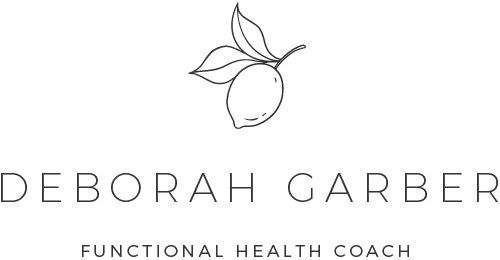Let air be thy medicine
Have you been told to breathe through your nose not through your mouth? Whether you have or not, you may be wondering how this simple piece of advice can help you improve your health and change many other habits.
Nose breathing ensures 10-20% more oxygen uptake by the body. This influences concentration, focus, ability to handle stress, sleep, and even posture.
Nose breathing slows down the breath, causing you to feel calmer. Nose breathing activates the diaphragm. Diaphragmatic breathing reduces heart rates, increases insulin, reduces glycemia and free radical production.
Mouth breathing makes you take in unheated, unfiltered, unconditioned, pathogen laden air, which causes dry mouth (particularly at night) leading to acidification of the mouth, gum disease, dental cavities, bad breath, snoring, sleep apnoea and poorer academic performance. Mouth breathing is fast breathing that causes agitation; it is shallow and activates the chest, not the diaphragm. It is worth remembering that chest breathing is stress breathing.
What happens when we are stressed? We breathe faster, more shallow breaths, we sigh more and often breathe through the mouth. We are often told to take a deep breath to calm down, but we are not told how to breathe, with the result that we usual practice upper chest breathing. Taking a deep breath may not be the best advice after all. Conversely, light breathing through the nose activates the diaphragm and the parasympathetic nervous system, bringing our body into a state of relaxation.
We can bring our bodies to a relaxed state by breathing gently through the nose. This technique taught by Patrick McKeowen[1] is very helpful. Put one hand on your chest and one hand above your navel, tune into your breath. You should feel your stomach distend a little but not your chest. Feel the colder air coming into your nose and the warmer air leaving your nose, start deliberately slowing down the speed of breathing as the air enters and leaves the nostrils. Slow down the breathing to the point you feel you would like to take in more air. Bring your attention back to your breath if your attention wanders. You will feel a deprivation of air, please continue softening and slowing down your breath. Your breathing should be imperceptible. Do this for 2-3 minutes. Notice the amount of saliva in your mouth, it should have increased.
Once you know how to breathe, you have taken the first step towards a healthier you …
[1] https://youtu.be/tKaUEVnducI


